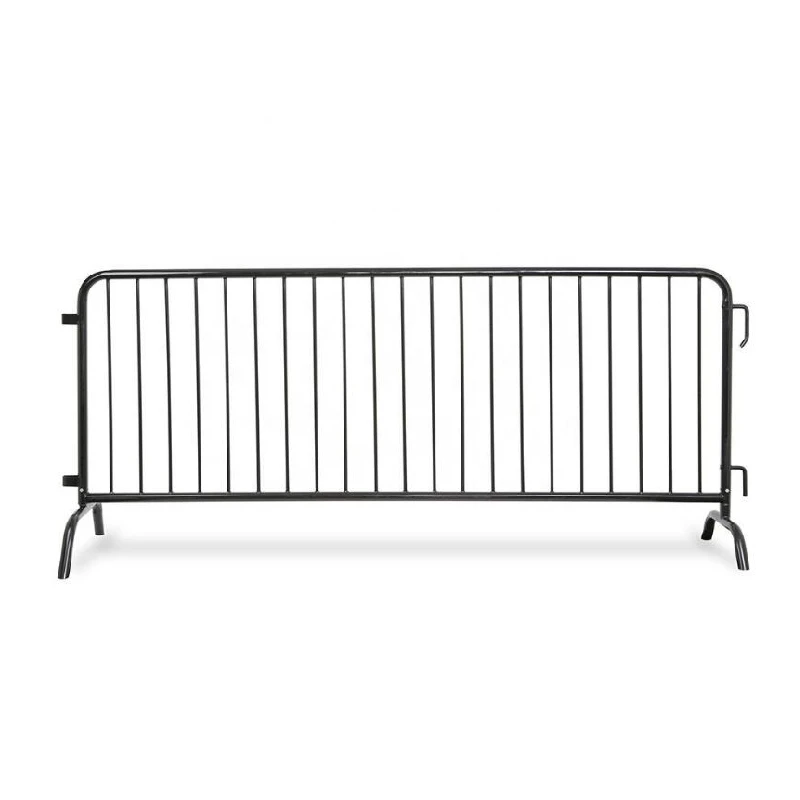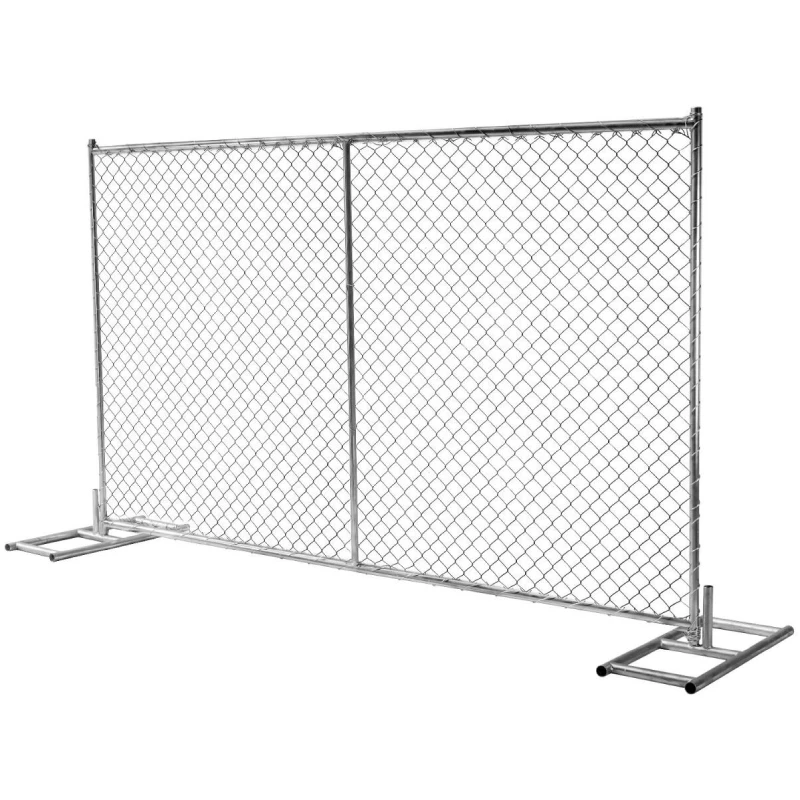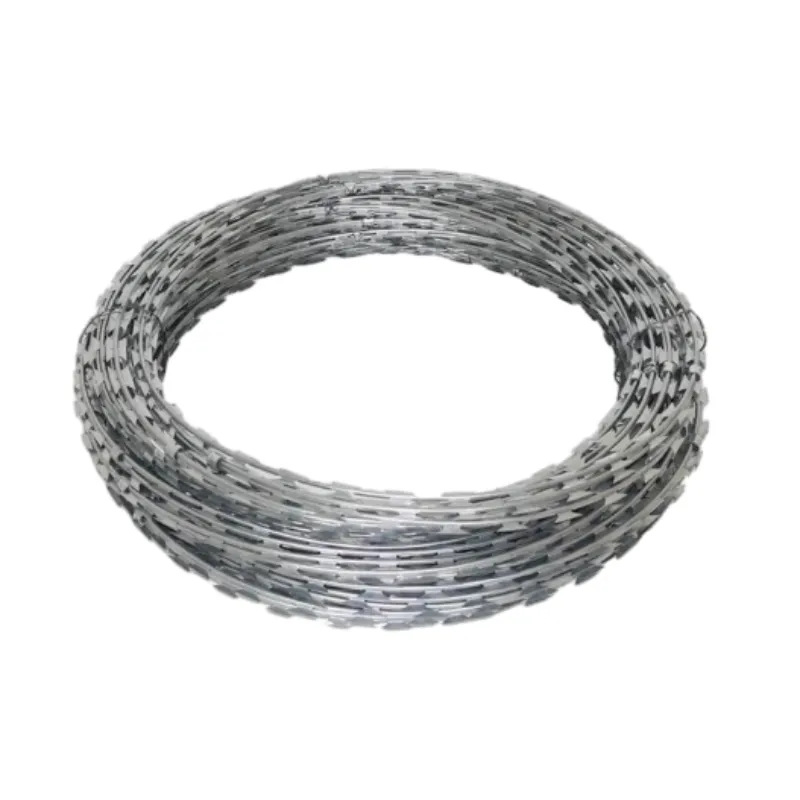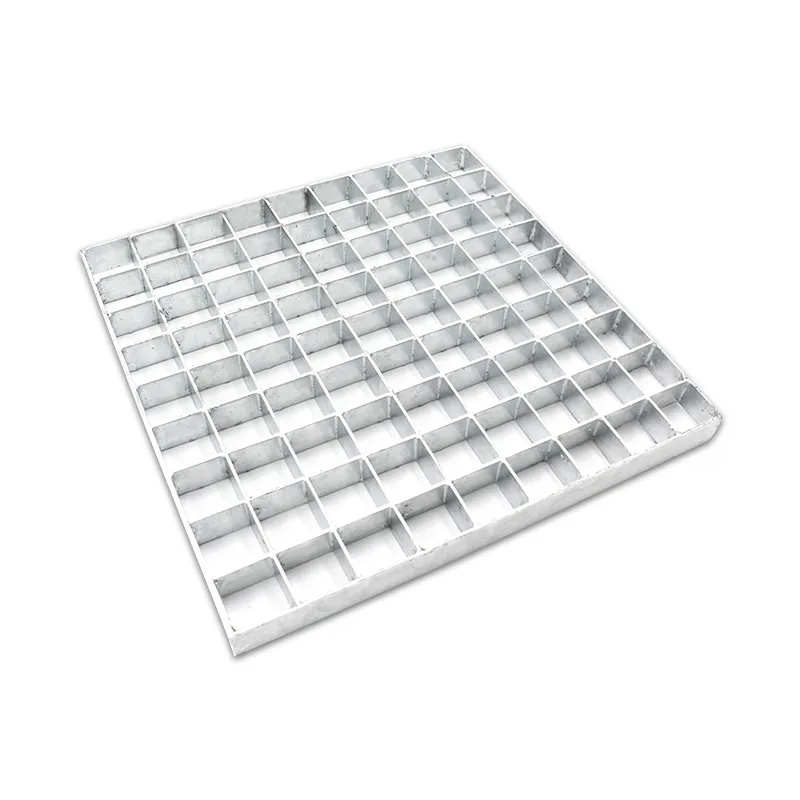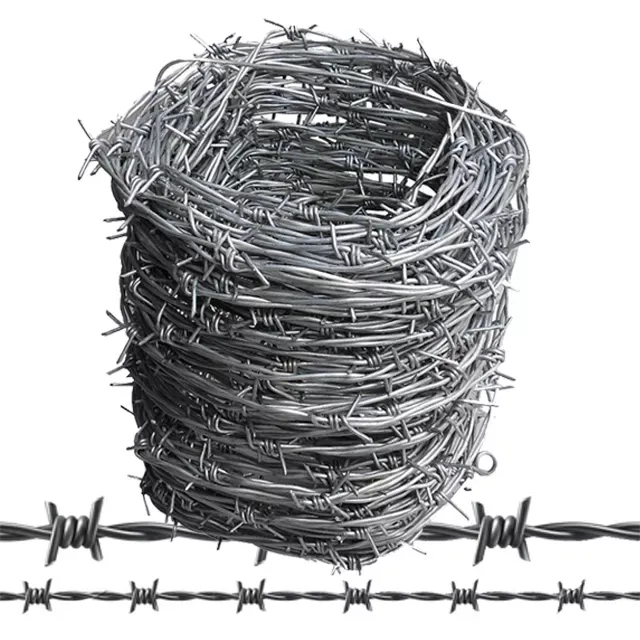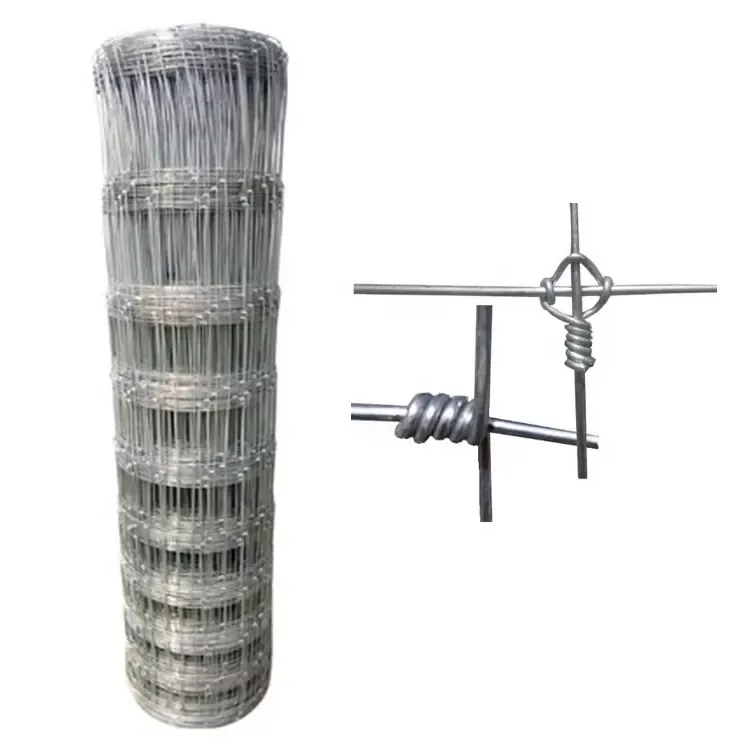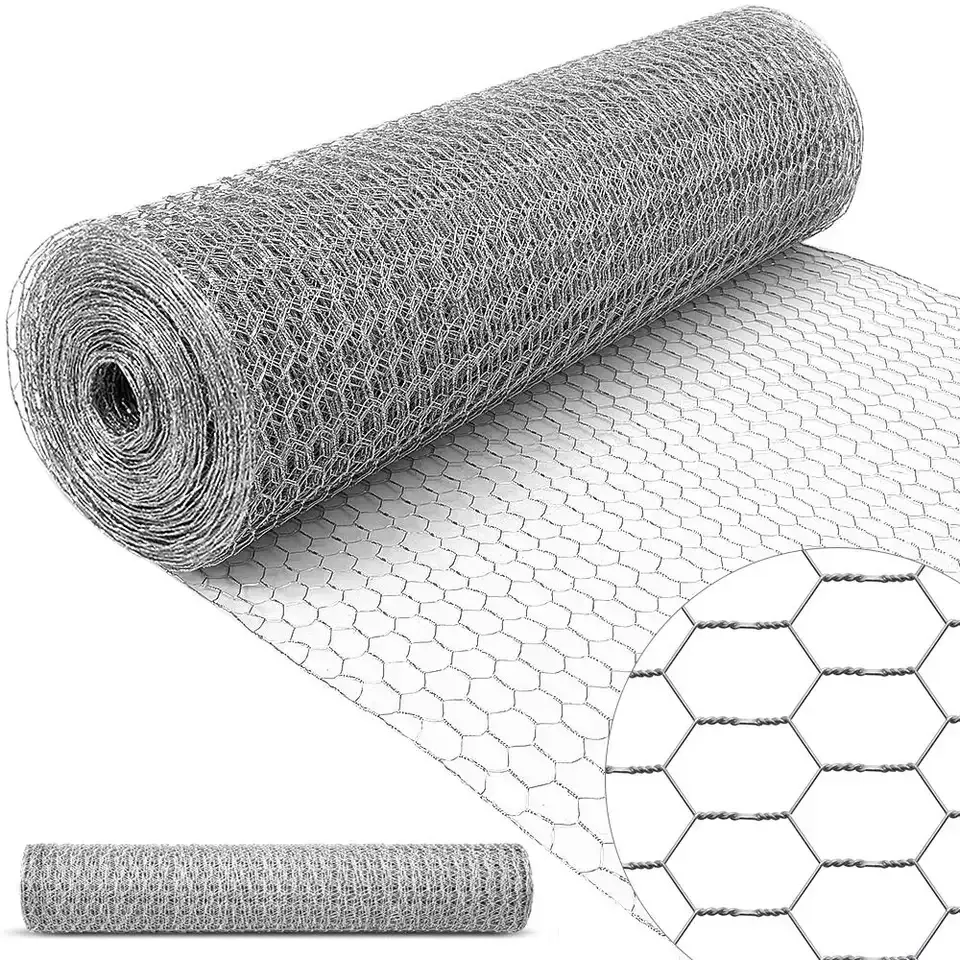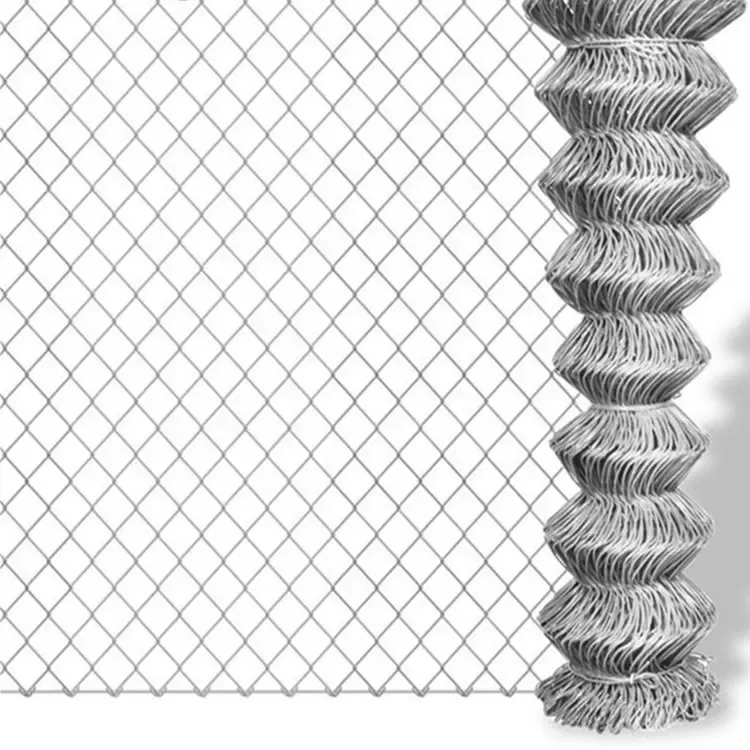
- Afrikaans
- Albanian
- Arabic
- Armenian
- Azerbaijani
- Basque
- Belarusian
- Bengali
- Bosnian
- Bulgarian
- Croatian
- Czech
- Danish
- Dutch
- English
- Esperanto
- Estonian
- Finnish
- French
- Galician
- Georgian
- German
- Greek
- hawaiian
- Hindi
- Hungarian
- Indonesian
- irish
- Italian
- Lao
- Latvian
- Lithuanian
- Luxembourgish
- Macedonian
- Maltese
- Myanmar
- Norwegian
- Polish
- Portuguese
- Romanian
- Russian
- Serbian
- Slovak
- Somali
- Spanish
- Swedish
- Thai
- Turkish
- Turkmen
- Vietnamese
Ott . 01, 2024 02:01 Back to list
Choosing the Best Materials for Field Fencing Solutions
Choosing the Right Field Fencing Materials A Comprehensive Guide
When it comes to establishing and maintaining a functional and durable fence for your agricultural or recreational field, the choice of materials is of paramount importance. Field fencing not only delineates boundaries but also plays a crucial role in protecting crops and livestock. The right fencing material can influence the overall effectiveness, longevity, maintenance costs, and aesthetic appeal of your field. Here’s a closer look at popular field fencing materials, their benefits, and considerations to keep in mind when making your selection.
1. Wire Fencing
Wire fencing is one of the most common materials used for field fencing. There are several types of wire fencing available, including barbed wire, woven wire, and electric fencing.
- Barbed Wire Barbed wire consists of twisted strands of wire with sharp barbs, making it an effective deterrent against large animals. It’s a cost-effective option suited for large tracts of land and can be easily installed. However, barbed wire can pose a threat to wildlife and pets, so it’s not recommended for areas frequented by smaller animals.
- Woven Wire Woven wire fencing offers more secure enclosures and is particularly effective for keeping livestock contained. This type of fencing is less likely to cause injury to animals and can also prevent smaller animals from escaping or entering the field. While woven wire is typically more expensive than barbed wire, it is more versatile and durable.
- Electric Fencing Electric fencing uses an electrical current to deter animals from approaching the fence line. This type of fencing can be highly effective for both livestock and wildlife management. However, it requires a reliable power source and regular maintenance to ensure functionality.
2. Wooden Fencing
Wooden fencing offers a classic aesthetic that can enhance the visual appeal of any field. Cedar and redwood are popular choices due to their natural resistance to decay and insect damage.
- Advantages Wooden fences are sturdy, easily customizable, and can provide a solid barrier for livestock. They are also capable of lasting for years with proper maintenance, including regular staining or sealing against the elements.
- Disadvantages However, wooden fencing can be quite expensive and labor-intensive to install. It also requires regular maintenance to prevent rot and can be susceptible to damage from termites or severe weather.
field fencing materials
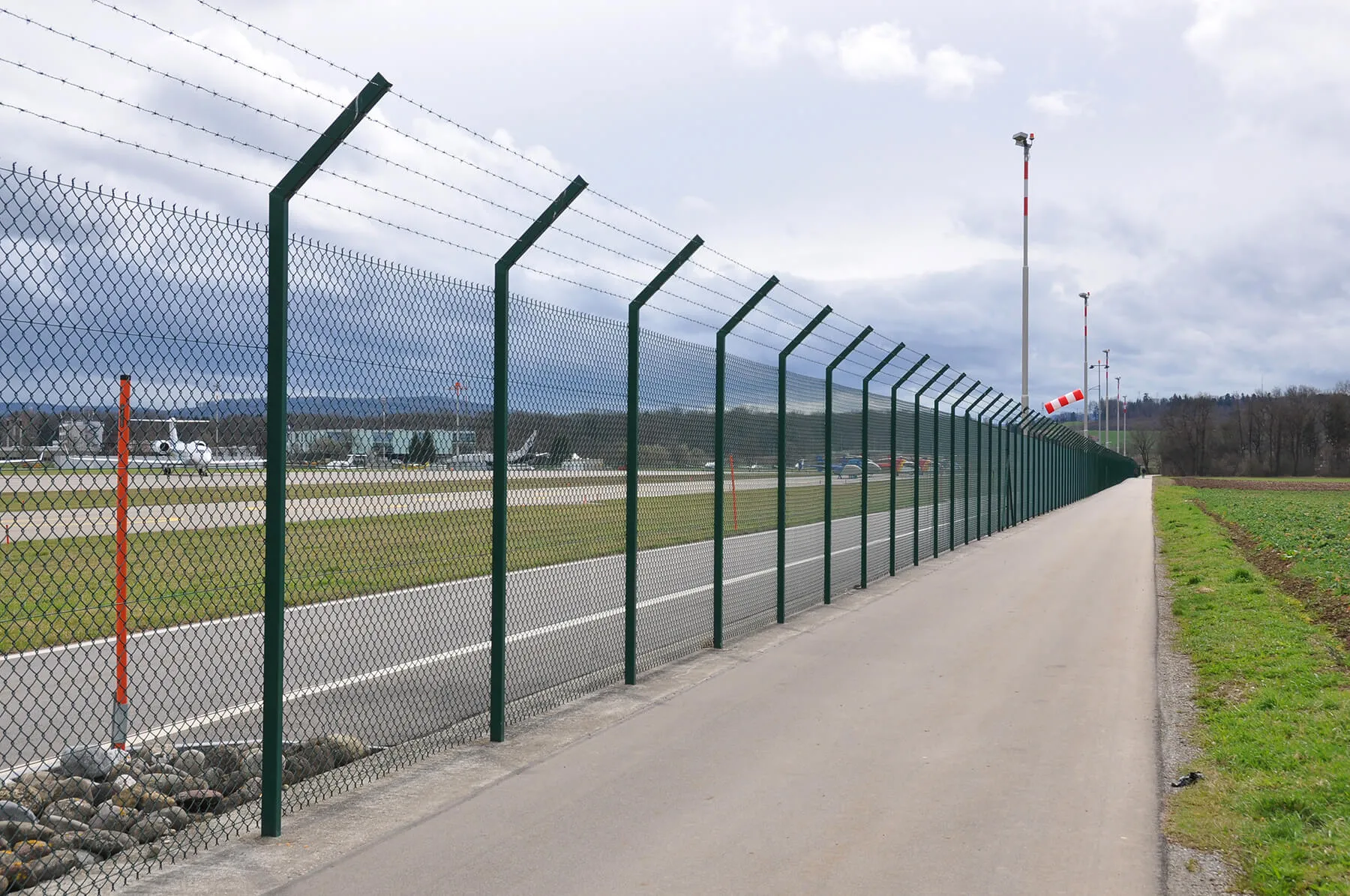
3. Vinyl Fencing
Vinyl fencing is a modern alternative that has gained popularity in recent years
. It combines durability with low maintenance.- Benefits Vinyl doesn’t rot, peel, or require painting like wood. It’s available in various designs and colors, making it a versatile choice that can match the aesthetic of your property. Moreover, vinyl fencing can withstand harsh weather conditions and is resistant to fading.
- Drawbacks The main downside is the higher initial cost compared to traditional fencing materials. Additionally, while durable, vinyl can become brittle over time, especially in extreme temperatures.
4. Chain Link Fencing
Chain link fencing is made from interlocking steel wire and is a practical option for many agricultural applications.
- Pros This type of fencing provides excellent visibility while still offering security. It’s typically lower in cost than wood or vinyl fencing and is relatively easy to install.
- Cons However, chain link fencing does not provide as much privacy and can be less aesthetically pleasing for some property owners. It also may not deter all animals if they are determined to enter an area.
Conclusion
Selecting the right field fencing materials involves careful consideration of your specific needs, budget, and the functions your fence must serve. Whether you opt for wire, wood, vinyl, or chain link fencing, each material has unique advantages and limitations. By assessing these factors, you can make an informed decision that will not only protect your field but also enhance its overall appearance and functionality. Investing in quality materials and proper installation will ensure that your field fencing stands the test of time.
-
Your Ultimate Solution for Australian Temporary Fencing
NewsMay.14,2025
-
The Ultimate Guide to Crowd Control Barriers: Secure Your Events with Ease
NewsMay.14,2025
-
Secure Your Livestock with High-Quality Livestock Fence Panels
NewsMay.14,2025
-
Enhance Your Livestock Management with Top-Quality Cattle Fences
NewsMay.14,2025
-
Enhance Security and Safety with Temporary Fencing Solutions
NewsMay.14,2025
-
Corral Gates
NewsMay.14,2025


